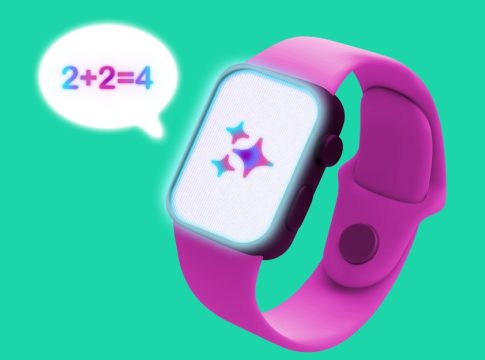The Limitations of AI Fitness Insights: What You Need to Know
As technology increasingly seeps into our fitness routines, many of us have welcomed the advent of wearable devices that promise to enhance our health and performance. However, after nearly a decade of collecting extensive fitness data, some users are questioning the effectiveness of AI-generated insights. Let’s dive into the limitations of these features and how they can impact your fitness journey.
The Rise of AI in Fitness Apps
Wearable tech companies like Strava, Whoop, and Oura have integrated AI features to interpret workout data for users. For instance:
- Strava’s Athlete Intelligence offers summaries of your workouts in plain language.
- Whoop Coach provides daily reports that mix your activity metrics with weather updates and recovery suggestions.
- Oura Advisor analyzes sleep patterns and gives you health insights based on your data.
On the surface, these features sound helpful, guiding you to make informed decisions about your workouts and recovery. However, the reality falls short for many users.
The Shortcomings of AI Summaries
Consider this: after an intense run, you might receive a summary noting that you logged high heart rates and an elevated effort level. While this could sound useful, it often lacks crucial context—like your training history, the weather conditions, or any recent injuries.
Imagine a summary that merely states, "You ran hard," while omitting warnings about the dangers of increasing your mileage too quickly in hot weather. This is where the technology often stumbles. Many AI features merely regurgitate data without a personalized understanding of your specific circumstances or health history.
Helpful Insights vs. General Advice
A recent analysis of user experiences reveals that while some AI features can be slightly helpful, they often provide generic advice that may not suit your situation. Here’s a breakdown:
- Better AI Responses: Some apps can recognize when you’re fatigued and may suggest modifying your workout plans.
- Generic Recommendations: Many times, the advice given is too broad—like suggesting a workout only 48 hours post-injury, which may not be realistic.
Expert Opinion on AI Limitations
The concern isn’t just about a lack of nuance. Some apps’ inability to connect the dots between data points—like training load, current temperatures, and user-reported injuries—can result in misleading suggestions. The pitfall lies in their inability to synthesize the wealth of data into actionable advice tailored to each user’s unique needs.
Key Takeaways:
- Data Overload: AI summaries often provide information you could glean from charts, leaving out critical contextual information.
- User Sentiment: Many users have taken to community forums to express their frustrations with these AI tools, revealing a growing sentiment that they are largely ineffective.
- Potential for Improvement: While these tools aren’t fully there yet, improvements may come as technology evolves.
Moving Forward: Trust Yourself
So what’s the takeaway? As much as we want technology to enhance our fitness experiences, it’s essential to remain proactive about your health.
Tips for Beginners and Fitness Enthusiasts:
- Don’t Rely Solely on Tech: Use your intuition and experience when assessing your workouts and recovery needs.
- Question AI Advice: Consider the context of your workouts, including environmental conditions and personal health.
- Time for Rest: If you’re feeling fatigued or nursing an injury, prioritize rest over pushing through workouts, even if the app says otherwise.
Conclusion
AI features encapsulate a promising yet flawed approach to managing our fitness data. For now, while they can offer some insights, it’s essential to approach them with a discerning eye. Trust in your own experience and knowledge, and don’t hesitate to seek advice from real health professionals when in doubt. As technology progresses, we can hope for a future where AI becomes a more valuable ally in our fitness journeys. Until then, keep your health a personal priority!

Covers wellness, nutrition, mental health, and daily life tips.
Bio: Talia brings a background in health journalism and holistic living to help readers live better, one tip at a time.

